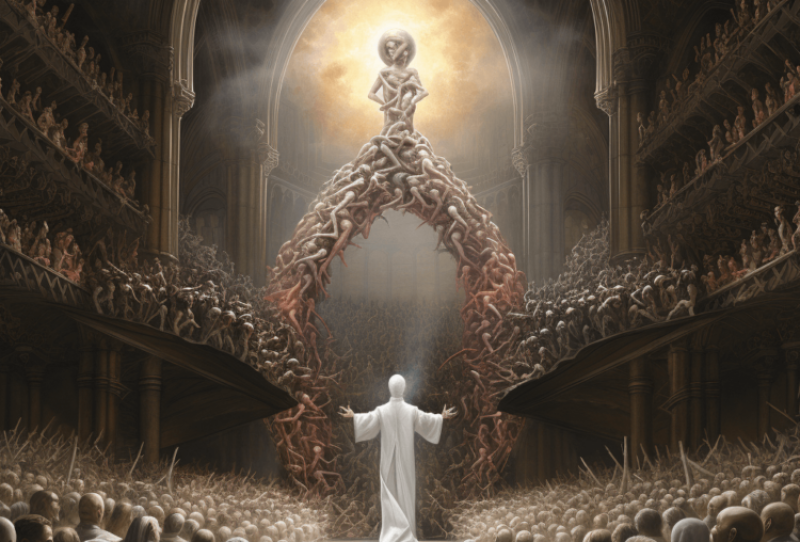With danger comes some interesting prospects in the field of gene therapy and genome editing, Dr. Brett Salkeld believes.
It’s something the archdiocesan theologian for Regina [examined] with a Nov. 15 presentation at Newman Theological College in Edmonton.
Salkeld’s lecture, “Promise and Peril: Gene Therapy, CRISPR and Catholic Ethics,” contemplates moral questions about these medical technologies largely not considered in worldwide discourse.
Over the past decade, researchers have discovered how to adapt or repurpose these structures into the CRISPR-Cas9 tool, which operates like a pair of “genetic scissors” on DNA. Once CRISPR-Cas9 cuts DNA, scientists can add or delete pieces of genetic material or replace the existing segment with a customized DNA sequence.
Ethicists fixate on whether this innovation can create “superhumans.”
…
“Curing Huntington’s Disease in an individual, the Church is like, by all means,” added Salkeld. “If you can do that, carry on. But if you say, ‘We can manipulate (the gametes of) everyone who is a carrier for Huntington’s Disease so that it will be weeded out of the gene pool,’ the Church is a lot more cautious. It says, ‘Given what we know right now, that is way too risky. Our knowledge is far too limited to start messing with a system that is so complex that we don’t know of all the possible outcomes.’ ”































